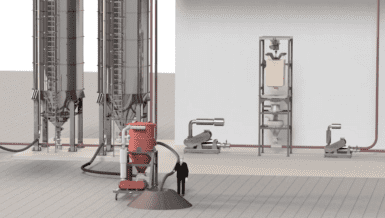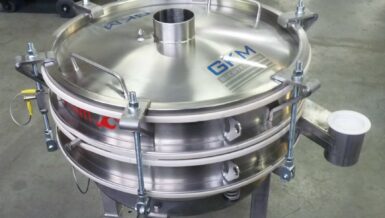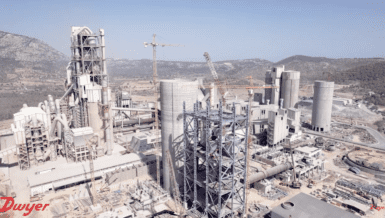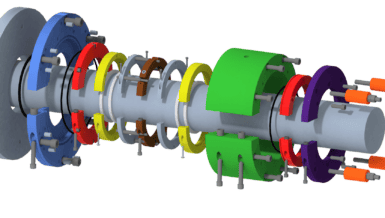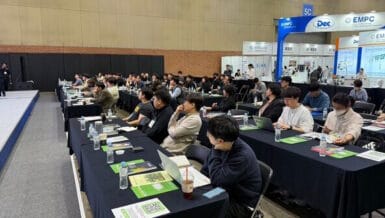Batch Processing vs. Continuous Processing Batch processing is the handling of discrete batches of materials individually, with careful control and monitoring. This approach allows manufacturers to fine-tune each stage of the process and ensure standards. However, it can be slow and labor-intensive, with downtime between batches and lots of cleaning.
Continuous processing involves a steady flow of materials through the production line, which is faster and more efficient than batch processing, with less downtime and lower cleaning requirements. However, it’s harder to control and monitor the quality of the final product, and it’s not easy to adjust the process mid-stream.
What an IBC System Can Deliver
Stainless steel IBC systems for bulk handling offer a hybrid solution that combines the best of both batch and continuous processing. With an IBC system, the pipeline steps are distinct yet continuous. As with batch processing, manufacturers retain the flexibility to fine-tune stages, operate parallel processes, and allow traceability in case of quality defects. This can improve productivity by ensuring that each step is operating at its optimal rate.
IBC systems are often categorized as “hybrid” solutions due to their ability to handle the same volume of material using fewer containers than pure batch processes. Concurrently, they can handle the volume of continuous processing with fine-tuned control of batch processing. This offers reduced container movements, less downtime between connections, and a smaller footprint, as fewer containers are required for each step of the process. To enhance the productivity of your production line even more, IBC systems can be automated to a degree in terms of discharge and movement. Instead of moving the materials inside the containers, the containers themselves are moved between distinct processes, which can help to minimize material loss or contamination.
Benefits Specific to Battery Manufacturers
For battery manufacturers, the high maintenance requirements of traditional batch systems can be a barrier to entry. In contrast, a well-designed IBC system can greatly reduce cleaning requirements, as there are fewer containers to clean and sanitize. This not only saves time and effort but also helps to prevent cross-contamination between batches.
Another benefit of IBC systems for bulk handling is their flexibility. They can be designed to accommodate a wide range of materials and processes, making them suitable for various battery manufacturing applications. These systems offer greater control and traceability than continuous processing, while still maintaining the speed and efficiency of this approach, so manufacturers can maintain high standards of quality control, compliance, and productivity. There’s a cost to implementing a system that is both higher quality and more efficient. IBC systems are typically more expensive to implement than either batch or continuous processing, and they require more specialized equipment and expertise. However, this upfront investment can offer huge savings on the bottom line as production picks up, as neither speed nor quality needs to be sacrificed. All in all, IBC systems offer a cost-effective and efficient solution for handling large volumes of bulk material, while minimizing the risk of material loss or contamination, and reducing cleaning requirements.
Turn to the Experts to Go Hybrid
The processing method you choose in battery manufacturing is crucial. Batch and continuous processing have distinct pros and cons, but IBC systems offer a hybrid solution that combines the best of both. With an IBC system, manufacturers can enjoy the flexibility and control of batch processing, combined with the speed and efficiency of continuous processing. While IBC systems may require more significant investment and specialized expertise, they can ultimately result in a more efficient and effective battery manufacturing process. With all of that in mind, it’s clear why hybrid IBC processing systems are truly the best of both worlds.






